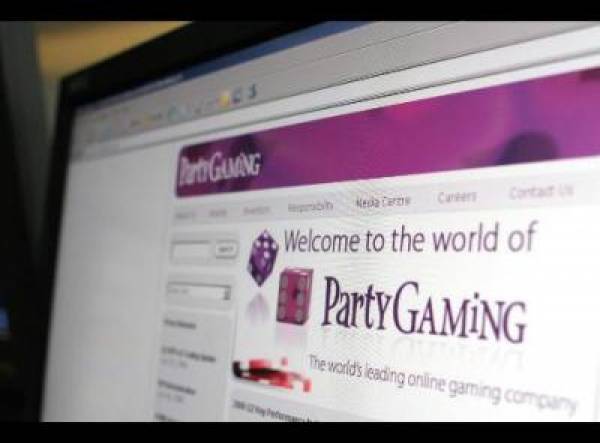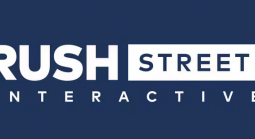Will PartyGaming Come Back to the US?

The news that PartyGaming had finally settled with the US Government quickly turned to talk of the company re-entering the US market. Approximately 80 percent of its customer base was from the United States prior to passage of the Unlawful Internet Gaming Enforcement Act in October 2006. PartyGaming, as a publicly traded online gambling firm, was forced to exit America. Its closest rivals - PokerStars and Full Tilt Poker - remained and absorbed much of Party's players.
With Congressman Barney Frank looking to get the UIGEA overturned, Party has aspirations of re-entering the US market.
Shares of PartyGaming jumped more than 15 percent Tuesday, rallying after the U.K. online-gambling firm reached agreement on a long-awaited non-prosecution deal with U.S. authorities that will cost the group $105 million.
The operator of online poker and casino services (UK:PRTY: news , chart , profile ) said it will pay the cash in semi-annual installments through 2012, starting with a $5 million payment on April 10.
Needless-to-say, the Financial Times is all over this story. Keep in mind that in 2004, PartyGaming was the biggest IPO on the London Stock Exchange.
The Financial Times questioned why the company would opt for a settlement in the first place, in particular because US authorities are still reportedly pursuing co-founder, Ruth Parasol, and her husband, Russ DeLeon.
"Why, then, would she allow the company she founded and in which she is the biggest shareholder to negotiate terms with the authorities that want to jail her?
"People close to the situation say the company and Ms Parasol see things differently. PartyGaming's board has for two years pursued the "settlement" path as the only one that would enable the company to move forward. Once investors bought into the plan, it became more damaging for the company not to close a deal with the DoJ.
"It was not a path Ms Parasol favoured but, once Mr Dikshit decided to resolve his troubles separately, it became impossible for her to deflect the board.
"The result is the company in which Ms Parasol still owns nearly a third, has left her to fend for herself in her battle with US law-enforcers."
The Financial Times also suggests that the Party deal won't bring an end to prohibition any time soon.
The agreement in the US is no passport to the Land of the Free for the Gibraltar-based online gaming group - let alone for those of its founders who have not yet settled with the feds.
It should allow the company to restore dividends. It opens access to capital and paves the way for consolidation. But in the meantime, PartyGaming's income from online poker - responsible for more than half its revenue in 2008 - is under pressure. Its first-quarter trading statement points to a 1 per cent fall in average daily poker revenue and PartyGaming is having to pour more into promotion in Europe. This is to offset the assault from competitors which, frustratingly enough, are growing fat on untrammelled access to US gamblers.
The extension of Mr Frank's free market to PartyGaming and non-US rivals is a way off, leaving them to fight it out in Europe.
PartyGaming has enjoyed a degree of success in the European marketplace. Once PokerStars took over Party's spot as the number one online poker group, Full Tilt Poker pushed Party out of the number two spot several months later followed by iPoker, which incidentally does not accept US customers either. Since this time, PartyGaming has stabilized as the world's 4th largest online poker venture with quite a distance between it and the 5th largest, OnGame.
More importantly, however, is that Party's stock has already risen 90 per cent since last December.
The Guardian reacted by suggesting that Tuesday's deal would lead to similar settlements:
"(Tuesday's) deal is expected to be followed by other similar settlements: Pacific Poker owner 888.com and Sportingbet have also been in discussions with the US attorney's office in New York over the past couple of years.
"Mergers between operators could lead to substantial savings on operating and software costs. Last month Evolution Securities analyst Ivor Jones speculated about potential deals such as 888 taking on Sportingbet and PartyGaming buying Germany's Bwin. He also suggested that either PartyGaming or Bwin could buy 888.
"Another possibility is that long-established gambling firms could look to beef up their online offering now that the air is clearing. Ladbrokes, which came close to buying 888.com in 2007, but walked away because of the uncertainty surrounding the company, could now renew its interest."
Christopher Costigan, Gambling911.com Publisher













